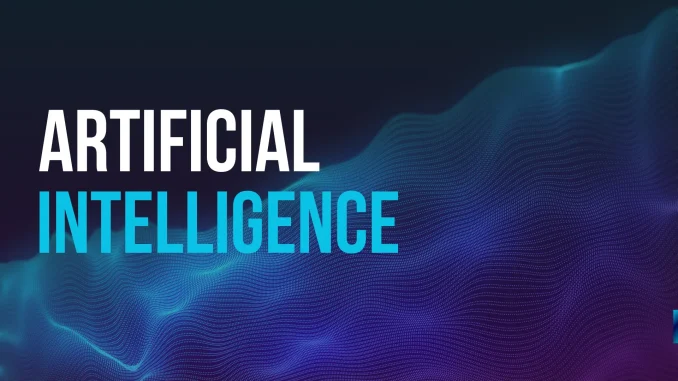
In the last few decades, artificial intelligence (AI) has evolved from a theoretical concept to a transformative force driving change across multiple sectors. From healthcare to finance, and education to transportation, AI’s influence is expanding at an unprecedented rate. However, as this technology becomes increasingly integrated into our daily lives, the ethical implications of AI development are becoming ever more crucial. Understanding and addressing these ethical concerns is vital to ensure that AI benefits society while minimizing harm.
The Ethical AI Imperative
Ethical AI development is not merely a theoretical concern; it has real-world implications that impact millions of lives. The stakes are high: AI systems can influence decisions on credit scores, job opportunities, legal judgments, and personal safety. Ensuring these systems are developed and deployed ethically is essential to prevent discriminatory practices, biases, and unintended consequences that could exacerbate societal inequalities.
Key Ethical Challenges in AI
- Bias and Discrimination: One of the most pressing ethical issues in AI is bias. AI systems are often trained on historical data, which can reflect existing prejudices and inequalities. If not properly addressed, these biases can perpetuate and even amplify discrimination in areas like hiring, law enforcement, and lending. For example, facial recognition technology has been shown to have higher error rates for people of color, raising concerns about its fairness and accuracy.
- Privacy Concerns: AI technologies, particularly those that involve data collection and analysis, pose significant privacy risks. The ability of AI systems to gather, analyze, and infer personal information can lead to breaches of privacy if not handled with care. Ensuring that AI systems respect user privacy and adhere to data protection regulations is crucial for maintaining public trust.
- Transparency and Accountability: The complexity of AI systems can make it difficult to understand how decisions are made. This lack of transparency can be problematic, especially when AI systems are used in critical areas like healthcare or criminal justice. It is important to develop mechanisms for accountability, ensuring that decisions made by AI systems can be explained and challenged if necessary.
- Autonomy and Control: As AI systems become more autonomous, there are concerns about the loss of human control. For instance, the development of autonomous weapons raises ethical questions about accountability in warfare and the potential for unintended consequences. Establishing guidelines and regulations for autonomous systems is essential to ensure they are used responsibly.
- Job Displacement: AI and automation have the potential to significantly impact the job market. While they can create new opportunities, they can also displace workers and disrupt industries. Addressing these economic shifts and providing support for affected individuals is a key aspect of ethical AI development.
Principles for Ethical AI Development
To address these challenges, several guiding principles can be adopted to ensure ethical AI development:
- Fairness: AI systems should be designed to be fair and non-discriminatory. This involves actively identifying and mitigating biases in data and algorithms to prevent perpetuating inequalities.
- Transparency: Developers should strive for transparency in how AI systems make decisions. This includes providing clear explanations of how algorithms work and making it easier for users to understand and challenge decisions made by AI.
- Privacy: Respect for user privacy should be a fundamental principle in AI development. This includes implementing robust data protection measures and ensuring that personal information is used responsibly and ethically.
- Accountability: There must be mechanisms for holding AI systems and their creators accountable for their actions. This includes establishing clear lines of responsibility and ensuring that there are avenues for redress in case of harm or misuse.
- Human-Centric Design: AI systems should be designed with a focus on enhancing human well-being. This means considering the broader social impact of AI and ensuring that it contributes positively to society.
The Role of Stakeholders
Addressing the ethical challenges of AI requires collaboration among various stakeholders, including governments, industry leaders, academics, and the public. Governments can play a crucial role by establishing regulations and standards for ethical AI development. Industry leaders and developers must commit to integrating ethical considerations into their practices and innovations. Academic researchers can contribute by studying the implications of AI and developing frameworks for ethical guidelines. Public engagement is also essential to ensure that the voices of those affected by AI are heard and considered in the development process.
Leave a Reply